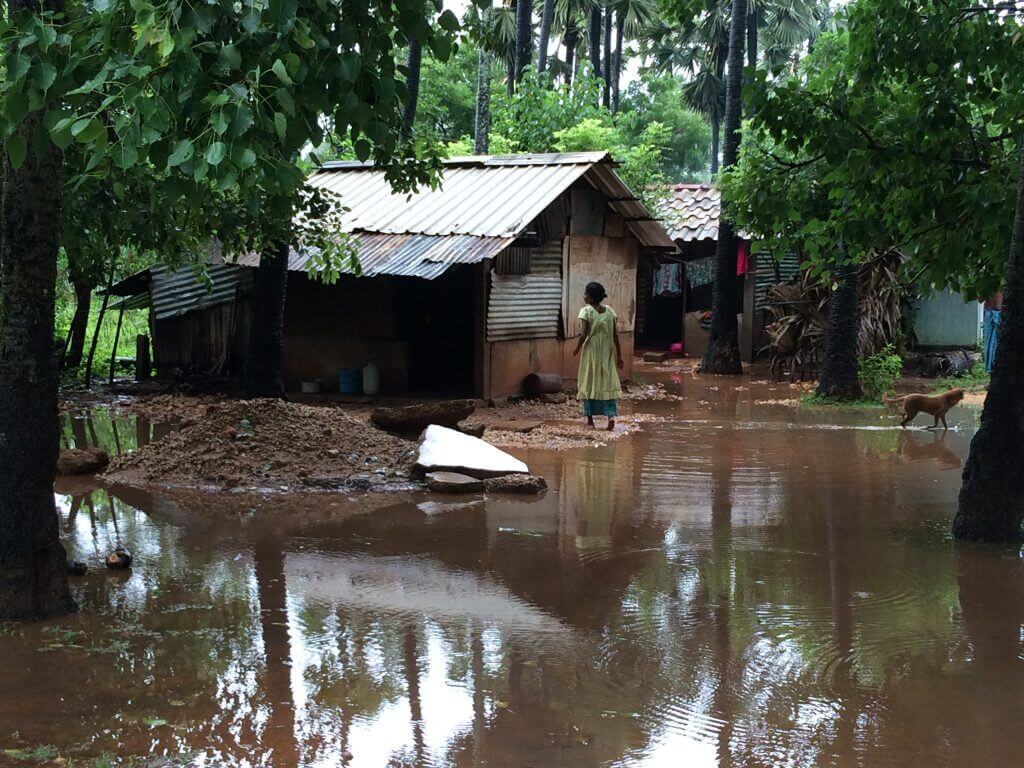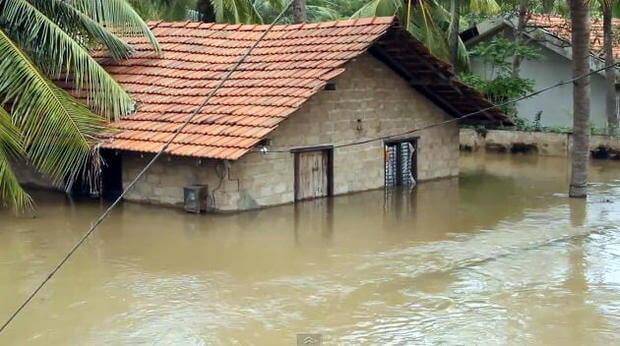Emergency Flood Relief
Thank you to all our donors, we have met our fundraising goal.
Providing emergency support to meet the food and health needs of families affected by devastating flash flooding.
WHY ARE WE DOING THIS?
Thousands of people have been affected by devastating flash flooding throughout North and East Sri Lanka. This has destroyed homes, destroyed livelihoods, and left many families displaced.
We will be providing 691 families with emergency relief packages including basic necessities like nutritious food, soap, mosquito coils, candles and matchboxes.
WHY IS IT SO IMPORTANT?
Natural disasters like flash flooding affect already vulnerable people the most. Recently resettled refugees and internally displaced persons are particularly in danger because they live in temporary housing which is easily washed away.
Young children, elderly people and those with long term illnesses are particularly affected by temporary periods of malnutrition, waterborne diseases and unhygienic conditions in emergency camps.
By providing emergency relief to families in their time of need we can prevent the long term affects of this disaster.

HOW WILL THIS PROJECT WORK?
We have identified 691 families who have been severely affected by flash flooding in Jaffna, Kilinochchi, Mullaitivu and Batticaloa Districts of North and East Sri Lanka.
With your help, we will provide each of these families with emergency relief packages containing basic foods such as rice, flour, milk, dhal and tinned fish. This means parents will be able to feed their children nutritious food while they are waiting to return home.
We will also provide each of these families basic supplies such as soap, tooth powder, mosquito coils, matchboxes and candles to ensure health and safety.
THE BENEFITS
- Meeting the basic food and health needs of 691 flood affected families.
- Preventing the long term affects of the malnutrition and ill-health caused by this natural disaster.
- Supporting those most vulnerable to be healthy enough that they can rebuild their homes and restart their livelihoods once the flood waters have receded.


